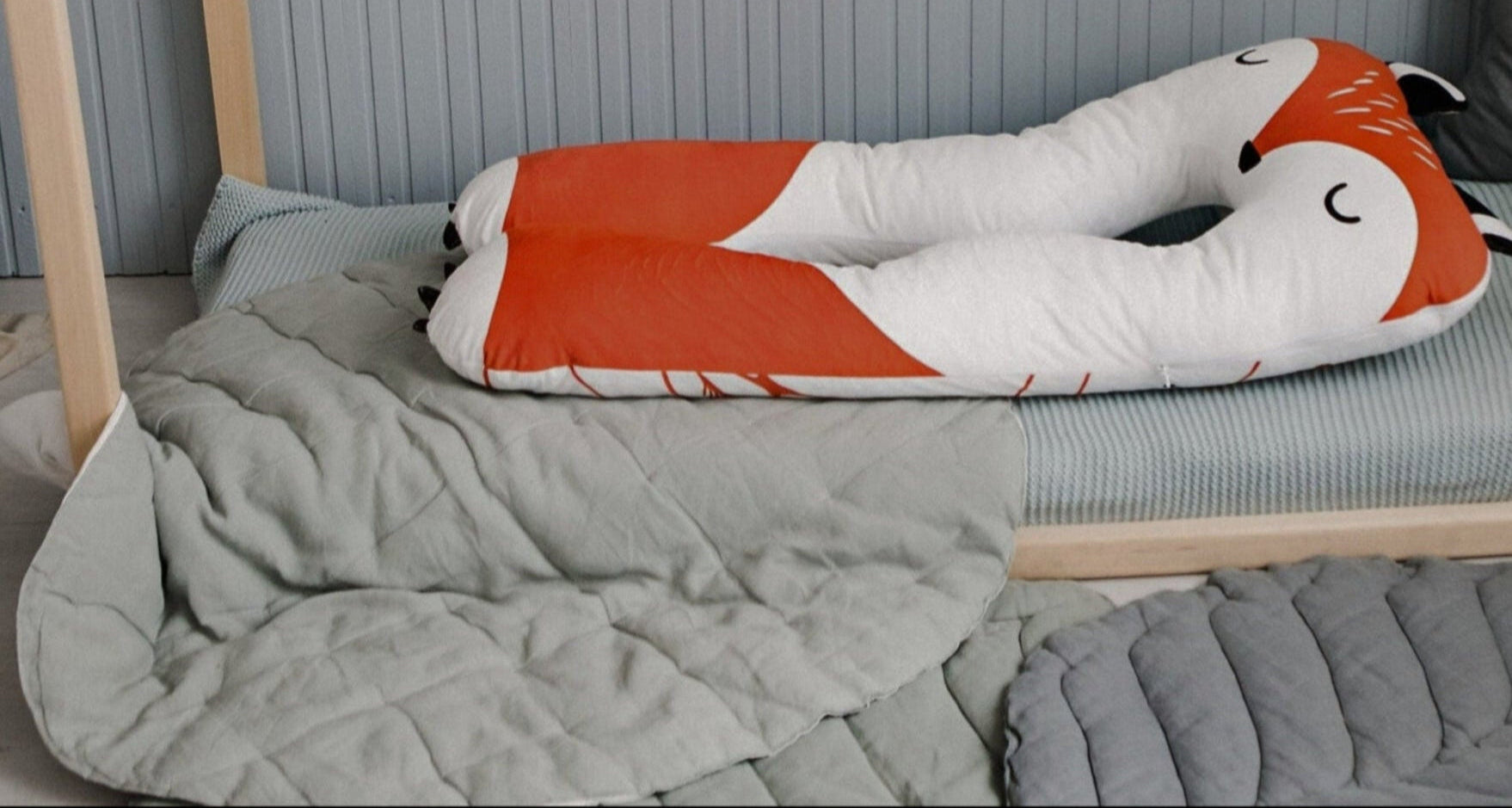Blue Light and Screen Use: How They Affect Young Children's Sleep

In our modern world, screens play a big role in daily life, even for young children. Tablets, phones and other devices emit blue light, which can affect your child's sleep patterns.
The influence of blue light on sleep
Blue light inhibits the production of melatonin, the hormone that helps the body fall asleep. In young children, this effect is particularly strong because their eyes are more sensitive to light. This can cause them to fall asleep later and have more difficulty staying calm.
What happens when children spend too much time in front of the screen?
If children spend a lot of time on a tablet or phone just before bedtime, this can lead to:
-
A disturbed natural sleep rhythm
-
More hustle and bustle in their behavior
-
Poorer sleep and more fatigue during the day
How can you tackle this?
Here are some tips that can help you protect your child's sleep pattern:
-
Stop using screens in time
Make sure your child doesn't use screens for at least an hour before bedtime. This gives their body a chance to prepare for the night.
-
Choose relaxing activities
Instead of screens, you can read a book together, listen to calm music or tell a story. This helps children to relax better.
-
Use a special sleeping pillow, such as the Kid Pillow
The Kid Pillow is specially designed to help children relax and sleep better. The pillow provides soft, positive messages that create a safe and secure feeling. This makes it easier to build a pleasant sleep routine without screens.
In short
Blue light from screens can make it very difficult for young children to fall asleep. By consciously limiting screen time and creating pleasant sleep rituals, such as using a sleeping pillow with soothing properties, you can help your child sleep easier and better.








